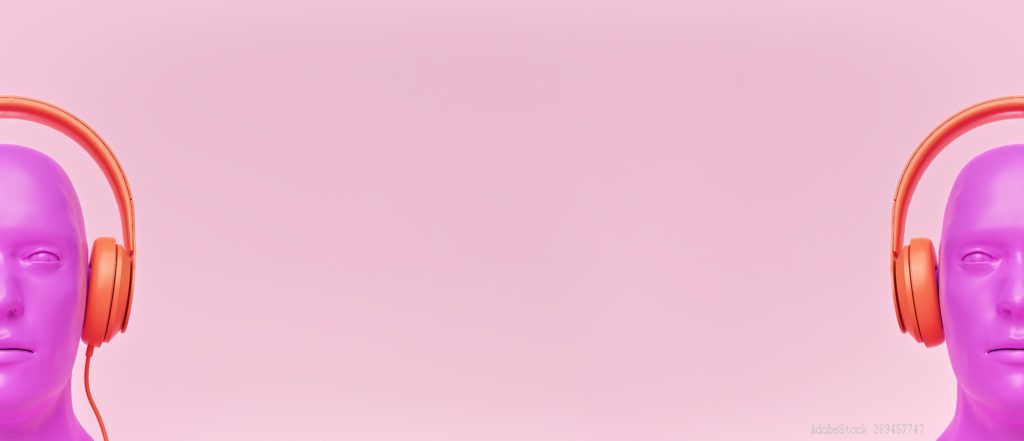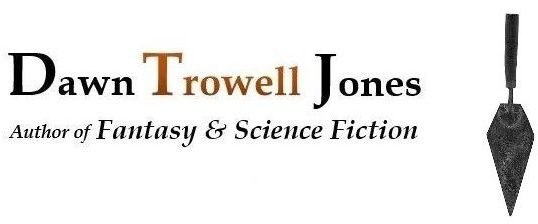 Sorry for the hiatus! I’ve been up to my eyeballs in a project, but now it’s time for me to move on to the next thing.
Sorry for the hiatus! I’ve been up to my eyeballs in a project, but now it’s time for me to move on to the next thing.
I went hunting and found this article in Psychological Science. I was interested in it for personal and practical reasons, but I think the concept is interesting in itself. So, I wanted to share: http://www.psychologicalscience.org/observer/hearing-with-your-ears-listening-with-your-brain
Here’s the connection:
One reason I love to read books and articles is for the pleasurable infusion of ordered thought. And for this reason, I really care whether the writing’s good. I try to aim for good when I write, too!
Here’s another thing I love about reading: I love when a story lifts off the page, when I believe in the specific happenings and the world in which it happens, in both a mental and physical space. I call this “popping.” If I’ve read a work and told the author I think it really pops, that’s my idea of a high compliment. I can only hope the author values my opinion!
I think the popularity of reading, particularly among young people, stems from a combination of so many authors really vying for that commercial space — as in writing with the tastes of young people in mind — plus maybe the simple fact that literature still is superior to the RPG. The reader still owns her story experience more than the gamer does.
 You might have guessed it would go the other way around, that because a gamer can make choices in an RPG she’d prefer the “agency” of a video game. But the game’s story is still controlled by the storyteller(s) — there’s just some flexibility to what a player may focus on during play. Choices can be made, sure, but when reading, the reader supplies his own interpretations and focus — his own table, his own chair. The table and chair will be modified by the author’s descriptions, but still, no two readers will see the exact same table and chair.
You might have guessed it would go the other way around, that because a gamer can make choices in an RPG she’d prefer the “agency” of a video game. But the game’s story is still controlled by the storyteller(s) — there’s just some flexibility to what a player may focus on during play. Choices can be made, sure, but when reading, the reader supplies his own interpretations and focus — his own table, his own chair. The table and chair will be modified by the author’s descriptions, but still, no two readers will see the exact same table and chair.
I say that literature is at present the last true virtual reality experience. Sophisticated literature favors the creation of worlds we can believe in — either the ‘real’ one stylized in a particular way for a particular purpose or unreal ones where the sky’s the limit. The author must not give every detail, but allow the reader to make assumptions, and even toy with those assumptions. Virtual reality of the future, when it gets really good, will take advantage of what this science article describes as the two aspects of hearing: one that involves certain heuristics of the brain and the other, the ear. And then, likewise, the two aspects of seeing, touch, taste, and smell. This will allow the gamer to supply his own table: fresh-cut wood, perhaps, or maybe one that’s old and banged up. Maybe it’ll be beautifully stained, or maybe it’ll have small strips of blue paint left over from a not-so-good strip-job. Will the table remind the gamer of some childhood memory? It could be a happy memory or a sad one.
This interests me. Maybe it interests me because I watched Brainstorm a few too many times as a kid (1983, starring Christopher Walken and Natalie Wood, sadly, her last). What I’m talking about here is not a new concept, but this article points to how the idea gets real and practical, and that’s the way these innovations get their start. Anyway, I thought maybe it would interest you, too.
